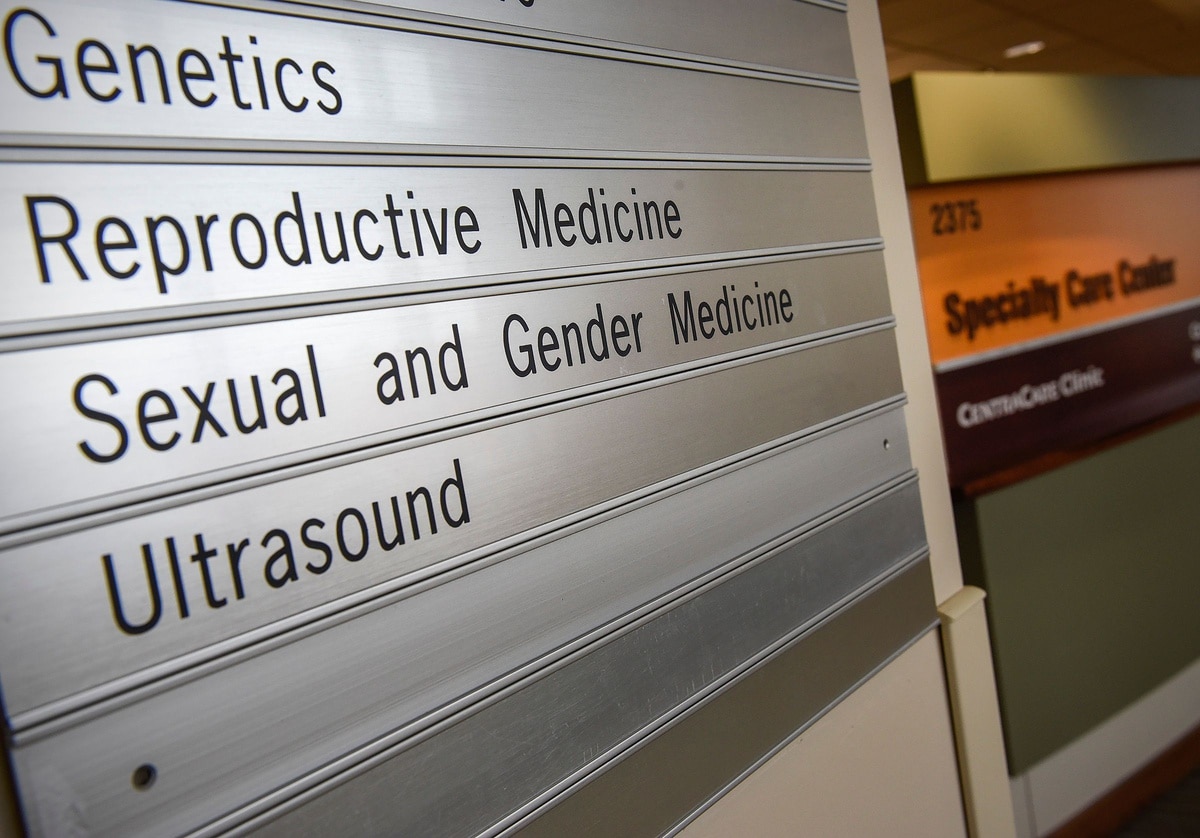Substance use, particularly alcohol and drugs, is often associated with relaxation and socialization. However, consuming these substances can have a great impact on various health aspects, including sexual health. Alcohol and drugs can influence everything from desire and performance to long-term dysfunction. Understanding the effects of these substances is essential for making choices that support emotional and physical well-being in intimate encounters. Let’s look at how substance use can affect sexual health.
Impact on Sexual Performance
Alcohol and drugs can immediately affect sexual health by weakening sexual performance. Alcohol, in particular, is a strong depressant that affects the central nervous system. It interferes with the messengers in the brain that tell the penis to fill with blood. Consequently, this can lead to difficulty in achieving or maintaining an erection for men. In women, alcohol can reduce vaginal lubrication, making sex uncomfortable and even painful. Similarly, drugs like marijuana, cocaine, and opioids can interfere with sexual arousal. This leads to reduced sensitivity and delayed orgasm.
Decreased Libido
The chronic use of alcohol and drugs can cause reduced sexual desire or libido. Consuming alcohol for a long time may result in hormonal imbalances, particularly a reduction in testosterone in men. This hormone is essential for maintaining sexual desire. Drug use can also have similar effects. Taking substances like meth and heroin can change the brain’s chemistry. This may dramatically reduce the body’s natural drive for sex. Over time, alcohol and drug abusers may find it difficult to even feel aroused.
Risky Sexual Behaviors

Alcohol and drug use can increase the chances of engaging in risky sexual behaviors. These substances impair judgment and make it difficult to make the right decisions. As such, it makes it quite easy for individuals to engage in unprotected sex. This increased likelihood of risky sexual behavior can increase the rate of STIs and even unintended pregnancies. Studies have shown that people under the influence are likely not to use condoms or contraception.
Furthermore, alcohol and drugs can impair consent. When under the influence, people won’t be able to properly communicate clearly. Also, intoxicated individuals might struggle to understand boundaries or identify when someone doesn’t consent. This leads to unwanted sexual experiences and an increased risk of sexual assault.
Long-term Sexual Dysfunction
Besides the immediate effect on sexual performance, alcohol and drugs can cause long-term sexual dysfunction. Men who engage in long-term alcohol abuse are at higher risk of having erectile dysfunction. This condition can continue even after an individual stops drinking. This is because prolonged alcohol use can damage the blood vessels and nerves necessary for healthy sexual functioning.
For drugs, opioids can cause testosterone production to be suppressed. Also, amphetamines can cause prolonged periods of sexual inactivity. This is followed by an inability to perform sexually after the drug wears off. Women are not exempted from these effects either. Chronic substance use can make it more difficult to experience orgasm.
Psychological Effects
Alcohol and drugs can also affect mental health, which in turn impacts sexual health. Many substances, particularly depressants, can lead to feelings of anxiety, depression, and even low self-esteem. These psychological states can reduce your interest in sex. People who rely on substances for confidence during sex can become dependent on them. This creates a cycle where they can’t have healthy sexual behavior without being intoxicated.
Substance abuse also harms relationships, leading to emotional distance, communication problems, and a breakdown in intimacy. The strain this puts on sexual health is evident. A healthy relationship is often built on mutual respect, trust, and communication.
Infertility in Men and Women
Alcohol and drugs can cause infertility in men and women. In men, alcohol can damage the cells in the testes that produce sperm. Heavy drinking can lead to lower sperm count and decreased motility. In women, substances can affect levels of hormones like estrogen and progesterone. These hormones are crucial for ovulation and maintaining a healthy menstrual cycle. Once affected, it could make it difficult for women to conceive. Infertility can affect sexual health by causing decreased interest in sex. Couples may feel like sexual intercourse is pointless.
Conclusion
The effects of alcohol and drugs on sexual health are far reaching. The initial use of these substances may seem to enhance sexual experience. However, the long-term consequences can be damaging and even life-threatening. For those looking at maintaining a healthy sexual relationship, understanding the risks associated with substance use is important. Above all, make the right choices that support your physical and emotional well-being.
Disclaimer: This article is intended simply to provide information. It does not replace the medical advice of a physician. Please speak with your doctor if you have any questions or concerns.




